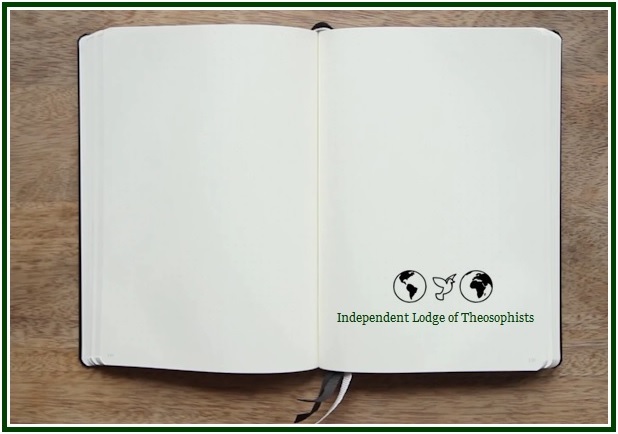
The Importance of Written
Orders in the Education of Your Will
Jean des Vignes Rouges

A military custom consists of “reporting” every day, in other words, presenting yourself to your commander in a special room – the most beautiful in the barracks -, to receive orders: your instructions. It’s a good habit. So adopt it.
Where can you find this vigilant leader? In your “notebook of willpower”.
The very fact of buying a beautiful, well-bound notebook will almost solemnly and joyfully mark the beginning of a new era: one during which you will proceed to methodically educate your will. Such an object will materialize your promise to yourself, your oath.
You will write down many things as I often recommend to you: your resolutions, the list of the faults you must combat, the list of virtues to acquire in order of importance, the principles on which you will rely, the maxims to learn by heart, “key words”, formulas for suggestion, quotations, texts, questions like this one: “Was I calm today?” following which you will enter a sign of + or a –, depending on your assessment.
You will also briefly record the result of your examinations of conscience, and the firm promises that follow them.
All of this material will be carefully divided, of course, in chapters and paragraphs.
At the right time, every day, make it a duty to read again a page or two of this notebook. You will thus give yourself the illusion of returning from your “Colonel” and studying his orders in order to carry them out in the best possible way.
In fact, this “colonel”, this “regulation”, this “notebook of willpower” is the voice of your conscience which, you know, is made in part of social imperatives. So his authority is great. When you get into the habit of “transmitting the instructions” to yourself, your notebook will become a prestigious symbol. It will make you think of possible sanctions and rewards. It will be “the sacred rule” to follow.
This process has the great advantage of involving visual memory more actively in self-education. It is, in short, the equivalent of the “blackboard” used in schools. [1] We know that, according to the most authoritative teachers, the best classes are those where the most chalk is spent.
Indeed, any idea placed before the eyes of students for a long time in written form, or symbolized by a drawing, becomes embedded more deeply in his mind and occupies a place closer to the action phase. It seems that the fact of tracing the signs of language is already a kind of impetus toward the life given to the idea; a preparation, a training of the muscles.
So fill the pages of your notebook of the willpower. Once it is full, buy another one. But don’t put the old one in the garbage bin. Read it again, often. He still has orders, congratulations, and reprimands too, addressed to you.
NOTE:
[1] This text is part of a book first published in the 1940s, when nearly every school used blackboards, and chalk to write on them. (CCA)
000
Jean des Vignes Rouges is the pen name of French military officer and writer Jean Taboureau, who was born on 29 April 1879 and lived up to 1970.
The above article is available on the websites of the Independent Lodge of Theosophists since 09 January 2024. It is also part of the December 2023 edition of “The Aquarian Theosophist”. “The Notebook of Willpower” was translated by CCA from the book «Dictionnaire de la Volonté», Méthode D’Éducation de la Volonté, Jean des Vignes Rouges, Éditions J. Oliven, Paris, 320 pp., 1945, pp. 54-55.
000
Read more:
000